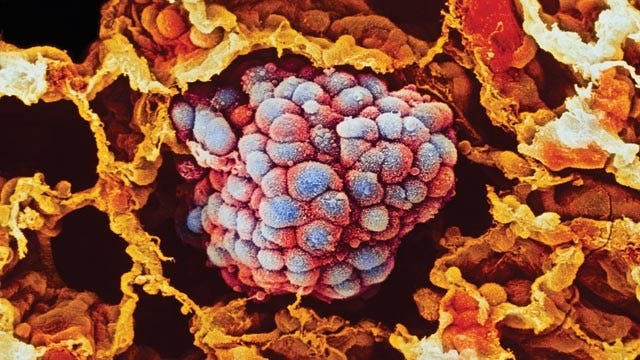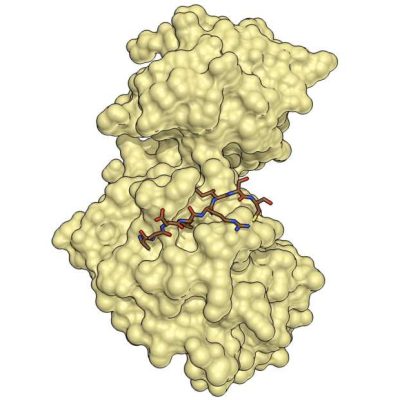Malignant Pleural Mesothelioma (MPM) is a rare and challenging condition with a grim survival rate. However, a recent study conducted by a team led by Dr. Talha Doğruyol sheds light on a potential beacon of hope – the glucose transporter-1 (GLUT-1) protein.The research focused on the prognostic significance of GLUT-1 expression in patients who underwent surgery for pleural mesothelioma between January 2005 and September 2014. A total of 129 MPM patients were diagnosed, and 75 of them underwent therapeutic operations.
The study revealed that patients with lower GLUT-1 expression had a significantly longer average survival time after surgery compared to those with higher expression. Among the operated patients, a substantial percentage showed positive GLUT-1 expression in the parietal pleura material. The data suggests that the intensity and extent of GLUT-1 expression play a crucial role in predicting survival rates, with weaker intensity and lower extent associated with better outcomes. GLUT-1 is a protein expressed not only in normal tissues but also in various carcinomas, including MPM. Studies have suggested that increased GLUT-1 expression helps malignant tumor cells sustain their energy supplies, contributing to their survival.MPM poses significant challenges, and the study emphasizes the need for larger-scale research to validate the prognostic significance of GLUT-1.
Currently, there is no standard treatment for MPM, but surgery, chemotherapy, and radiotherapy are utilized in trimodality treatment. The study’s results suggest that GLUT-1 expression could be a valuable marker in tailoring treatment plans for better outcomes.
Source:
Doğruyol, T., Alpay, L., Gürer, D., Ersev, A., Baytemir, C. A., Evman, S., Baysungur, V., Yalçınkaya, İ. (2023). The Prognostic Significance of Glucose Transporter-1 Protein in Malignant Pleural Mesothelioma. Haydarpasa Numune Medical Journal, 63(4), 531–536. doi: 10.14744/hnhj.2022.43765










